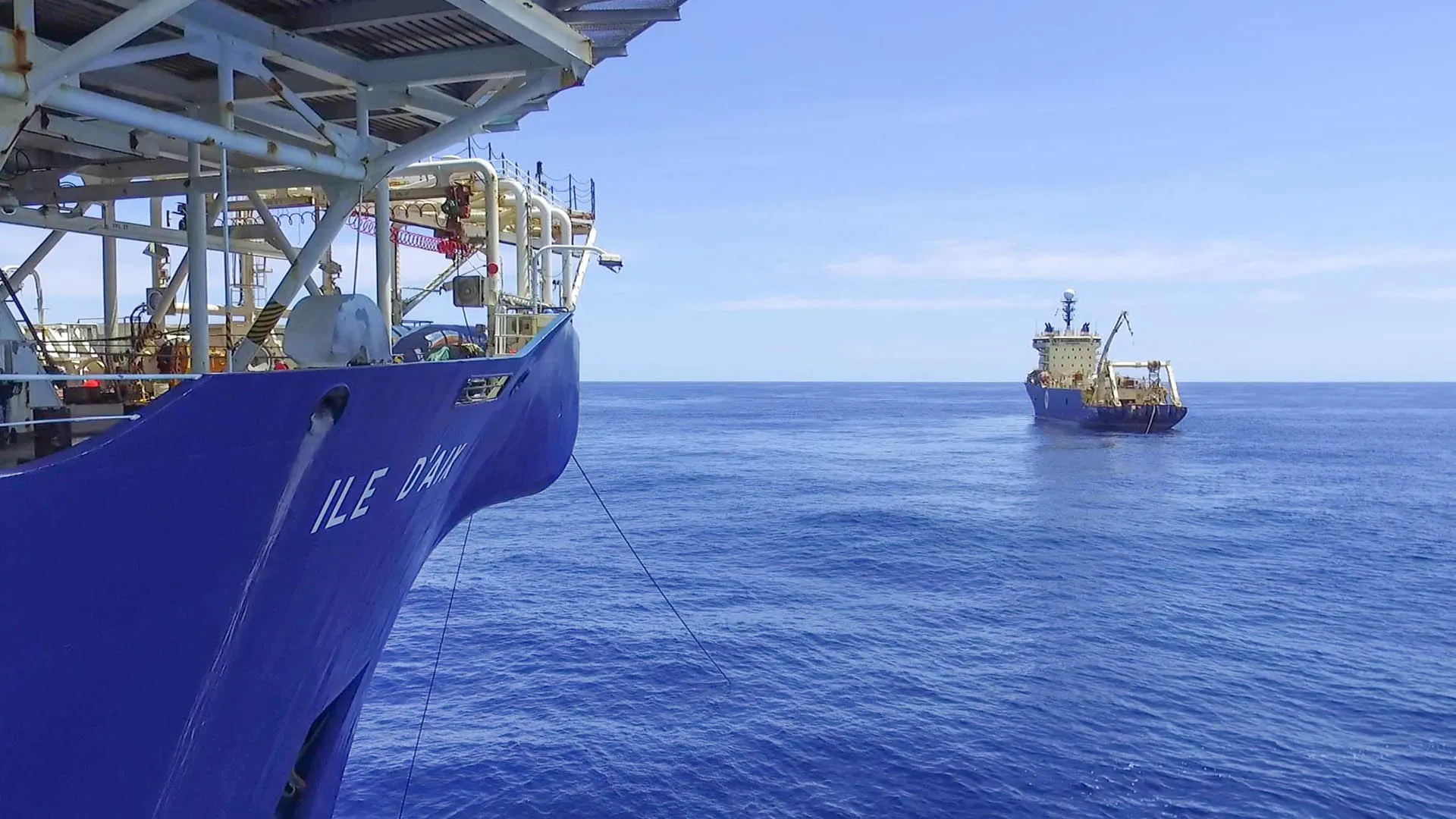- Seacom, a telecommunications and subsea cable provider, is experiencing a subsea cable system outage lasting more than 48 hours in the Red Sea region. This disruption impacts the connectivity between Africa and Europe and clients in East and South Africa.
- Seacom has yet to confirm the cause of the outage, which began on Saturday, February 24, 2024, and affected other nearby cables, but it’s working with a cable repair partner to determine the feasibility of the repair.
- Per the company, the disruption only affects the cable segment that runs from Mombasa, Kenya, to Zafarana, Egypt.
This move comes three weeks after telecommunications companies in Yemen warned that Houthi rebels could sabotage a network of submarine cables in the Red Sea.
Seacom provides communications and cloud solutions and claims ownership of Africa’s most extensive ICT data infrastructure. Notably, the company holds up to 25% of the wholesale fibre market in the region and connects Internet traffic from South Africa to Europe.
It takes pride in being one of the industry leaders in broadband and data network connectivity. Per the company, it installed the first broadband submarine cable system in Africa, spanning East and South Africa, in 2009.
Subsea cables have now become more evident as demand for high-quality connectivity increases. The Red Sea itself hosts big intercontinental subsea cables.
Furthermore, despite the recent outage, Seacom has stated that transmissions and IP services will continue via cable between Kenya, Tanzania, Mozambique, and South Africa.
Seacom also says that all other IP-based services for Europe and other regions have been rerouted via the Equiano, PEACE, and WACS cable systems.
While the company works to mitigate this, it assures that “clients remain operational with some latency in their Internet communications.” Also, it will share restoration timelines with clients.
Before the outage, Seacom had warned in early February that there would be repair delays if any disruptions to the cable system in the Red Sea occurred, considering the instability in the area. Seacom states after the outage, “The geopolitical sensitivity and ongoing tensions in the region make it a challenging environment for maintenance and repair operations.”
Seacom is also making significant moves to expand its business in East and West Africa through acquisitions.
Meanwhile, the Sudanese Internet blackout occurred due to a confrontation between the Sudanese paramilitary Rapid Support Forces and the Sudan Army, with the RSF being held accountable. Regional insecurity further contributed to delays in reconnecting the Internet.











